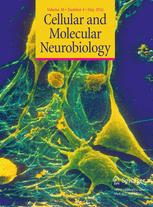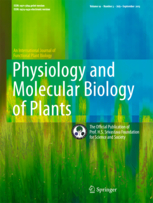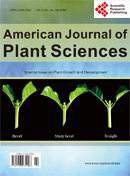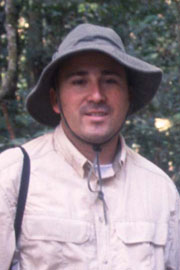 A chair of a neurobiology department in China has requested the retraction of a paper on which he was unwittingly listed as the lead and corresponding author.
A chair of a neurobiology department in China has requested the retraction of a paper on which he was unwittingly listed as the lead and corresponding author.
How could a corresponding author — you know, the person with whom the journal corresponds about the paper — be added without their consent? It seems that a fraudulent email account was involved in this case. The address listed for Cheng He, a researcher at the Second Military Medical University in Shanghai, didn’t belong to him, said a spokesperson for Springer.
According to the retraction notice for “Identification of the Interaction Between the Human Homologue of the Arabidopsis COP9 Signalosome Subunit 7a and Olig1:”
Continue reading Fake email for corresponding author forces neuro journal to retract paper








